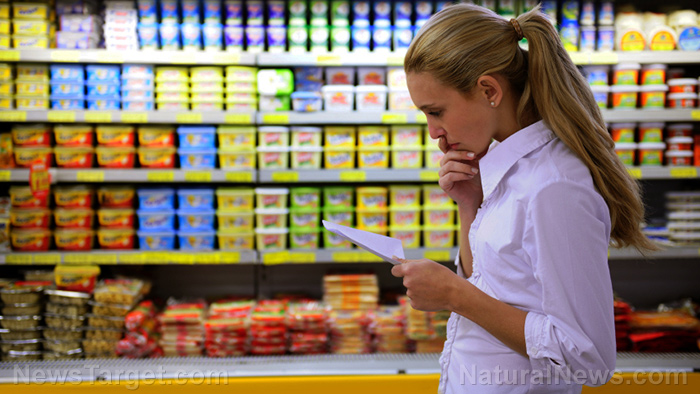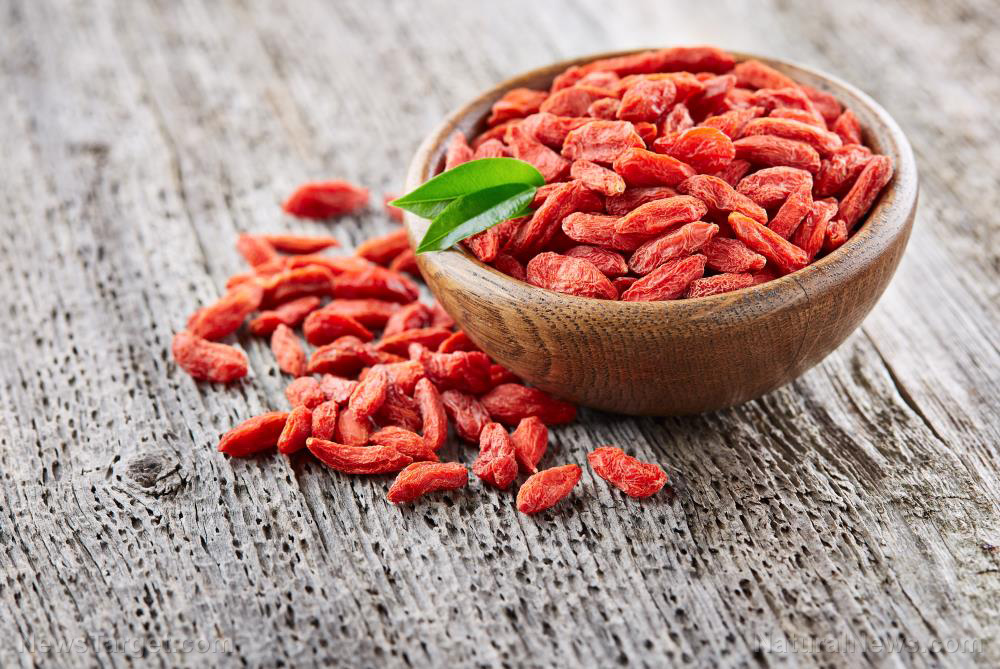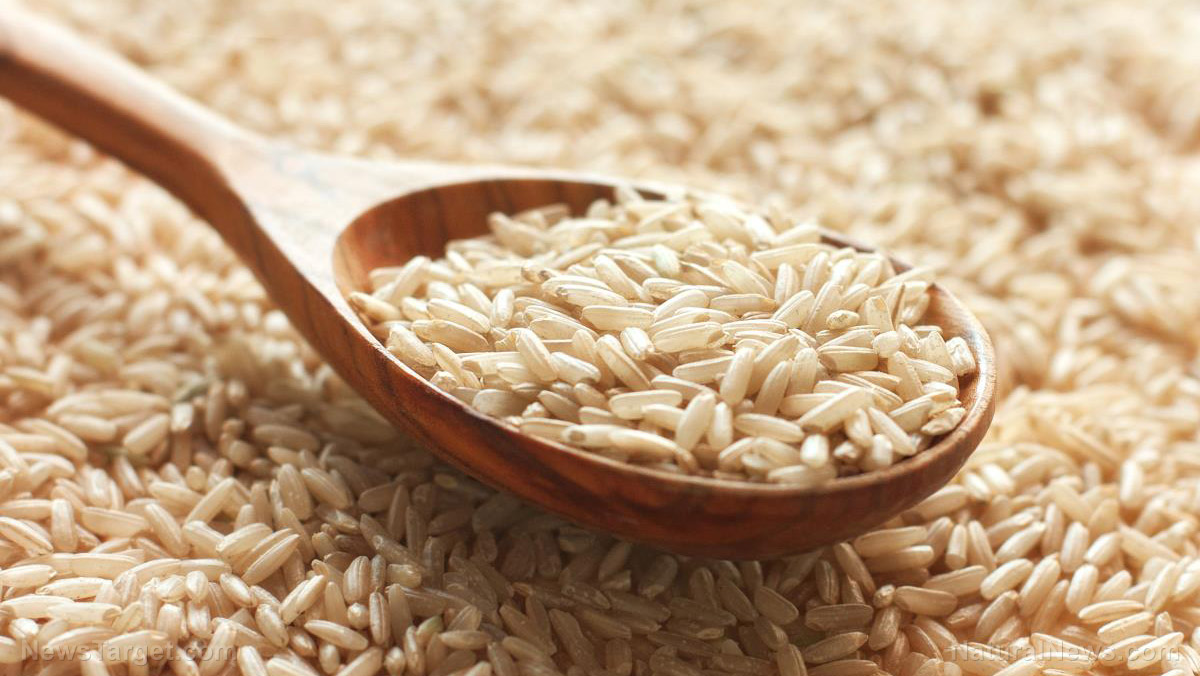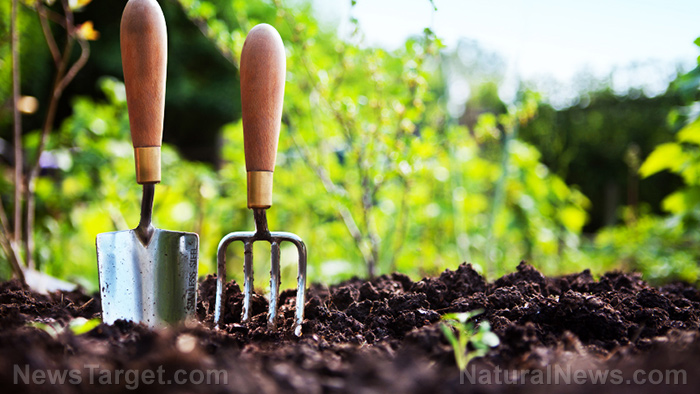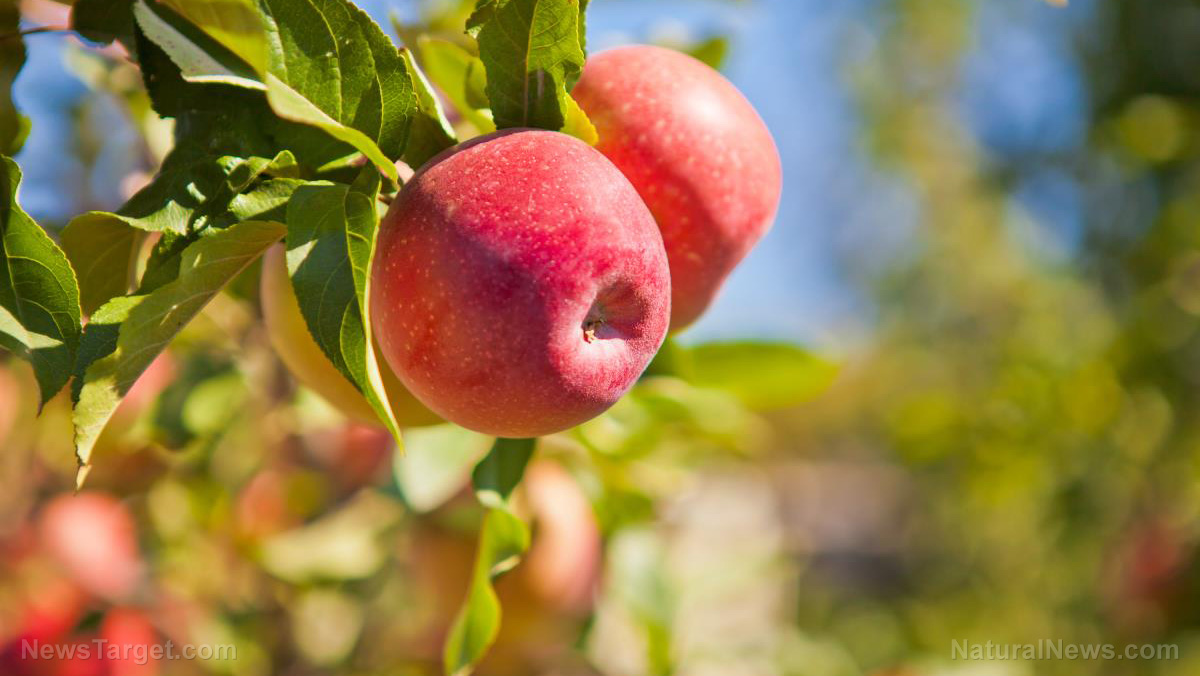The global “wheat war” is now underway: prepare accordingly
05/26/2022 / By Ethan Huff

As wheat prices continue to soar and exporters cut off supplies, the United States could soon be forced to get on its hands and knees and beg Russia for help in exchange for lifting sanctions.
As one of the world’s top producers of wheat, Russia in many ways holds the keys to the global food supply. And unless the Biden regime stops its futile crusade against the country, much of the world will end up starving to death.
The corporate-controlled media wants us to believe that Vladimir Putin is the culprit, but the reality is that Joe Biden and his handlers are tearing down global trade in a hissy fit response to Putin’s takedown of the deep state in Ukraine.
Both Ukraine and Russia have cut off most grain exports in order to protect their own people, as has India and Kazakhstan. These protectionist measures are hurting other countries such as Egypt that rely on grain imports from Europe and Russia.
One of the consequences of the sanctions imposed by the Biden regime and NATO is that food prices are soaring to an even greater extent than they already were prior to the invasion.
“In the 2021-2022 season that began in July last year, Russian suppliers accounted for 16% of global wheat exports, and Ukrainian producers accounted for 10%,” reported RT.
“But due to the conflict both countries banned wheat exports. In February Russia restricted the export of all grains (wheat, rye, barley and corn) outside the Eurasian Economic Union (EAEU) until June 30. Meanwhile, Ukraine has shut its only remaining port in Odessa.”
One-fifth of the planet could starve if Russia-Ukraine conflict isn’t resolved soon, says UN
None of this would be happening had NATO and the U.S. not launched an economic assault on Russia, triggering a cascade of international companies suddenly cutting off all business operations with Russia.
This prompted Russia to take protectionist measures in its own defense, which in turn have punished many other countries that rely on Russia for food and other goods.
“Anti-Russia sanctions forced international companies to sever long-standing business ties and leave Russia, which caused supply disruptions,” RT explains.
“In one example, the EU recently banned cooperation with the Black Sea Novorossiysk Commercial Sea Port, through which more than half of the exported grain is shipped.”
Africa is being hit the hardest, as it relies on exports from the Black Sea region for 90 percent of its needs. Should this continue, upwards of one-fifth of the planet, warned United Nations Secretary-General António Guterres, could face poverty and starvation.
The West, meanwhile, has accused Russia of waging a “wheat war” by no longer exporting its crops. This export ban is temporary to protect the country’s own domestic market, just to be clear, which is important for its own survival.
“In order to protect themselves within the country from hunger and reduce their own inflation, producing countries are trying to keep raw materials,” says Dari Akimova, head of the analytics department at research company NTech.
“Since in the event of currency instability, and indeed any instability, it is always more profitable to have raw materials than cash: it does not depreciate as quickly as currency.”
Other experts warn that some Western states will soon need to ask Russia to share its supplies as the dominoes continue to fall. In exchange, they would remove the sanctions against Russia that are hurting that country’s economy and ability to engage normally in global trade.
“This is a chance to go wheat free and avoid all that gut damaging gluten,” wrote a commenter at RT. “Wheat is not essential. There are healthier alternatives.”
As the global food supply continues its freefall, you can read the latest about it at FoodCollapse.com.
Sources for this article include:
Submit a correction >>
Tagged Under:
Collapse, famine, food, food supply, grains, harvest, hunger, Russia, starvation, Ukraine, wheat, wheat war
This article may contain statements that reflect the opinion of the author
RECENT NEWS & ARTICLES
COPYRIGHT © 2017 FOOD SCIENCE NEWS

